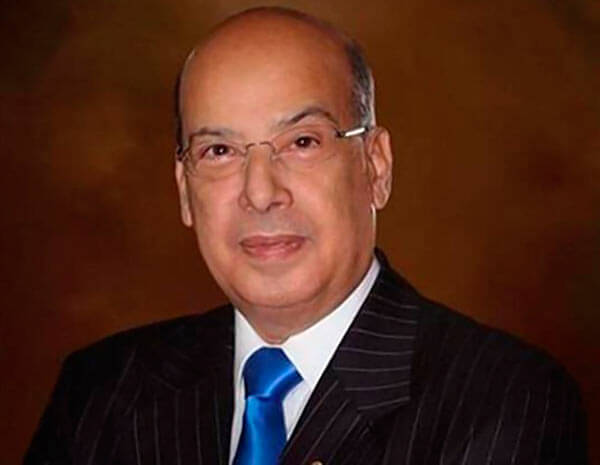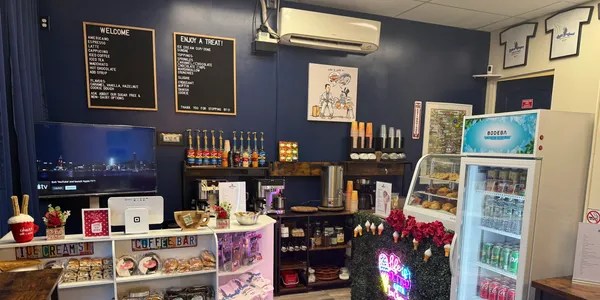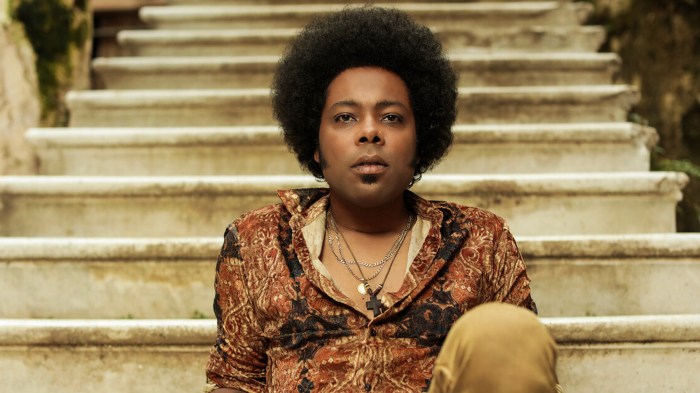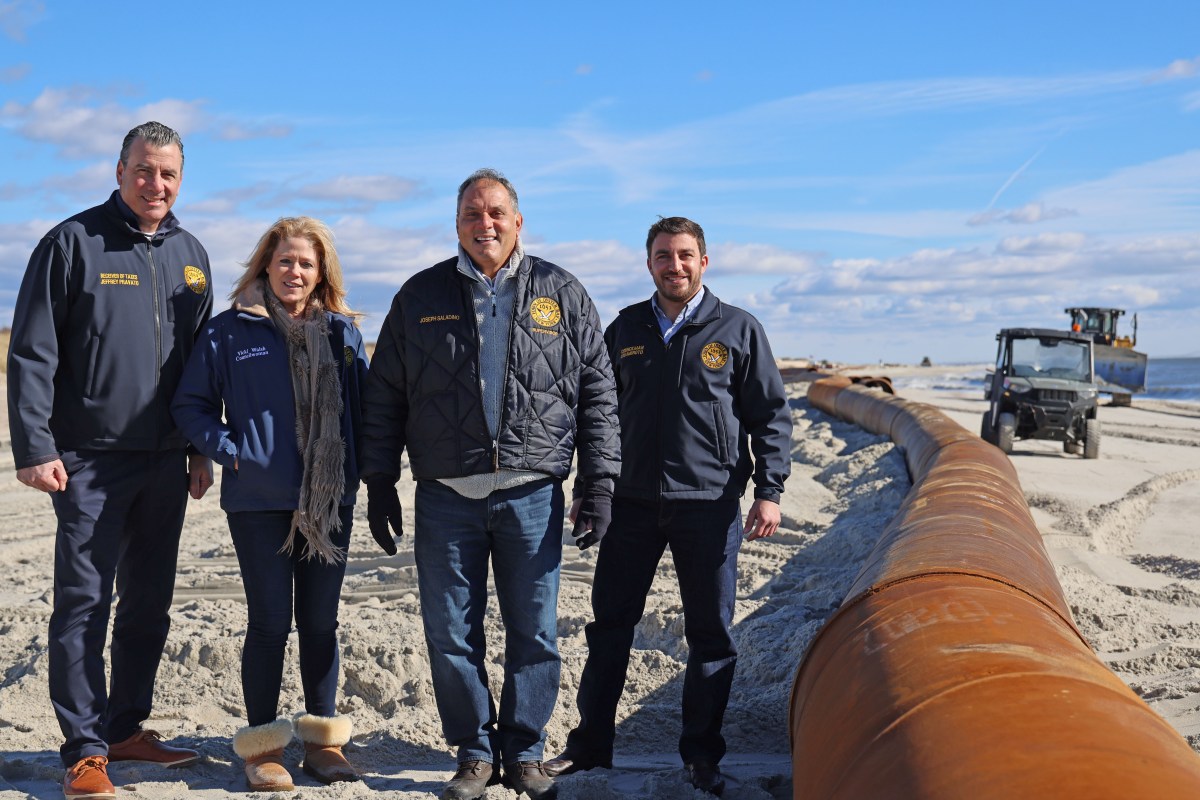Caribbean leaders on Tuesday ended a two-day, historic summit in Haiti agreeing to progressively introduce French as a second language in the 15-member grouping and to hone in on the economic and other challenges facing the region.
Caribbean Community (CARICOM) leaders also pledged to hold a summit with the United States this year in addressing the vexing deportee question and other concerns.
In addition, they issued a strongly worded communiqué accusing the United Kingdom of trampling on democracy in the Turks and Caicos Islands with its “constant infractions of democratic principles.”
In August 2009, the United Kingdom suspended home rule for the Turks and Caicos Islands, a British Overseas Territory, for three years amid allegations of corruption. The territory was recently admitted back into CARICOM as an associate member.
“The overall state of political affairs remained less than desirable, and the restoration of true democracy was still a far way off,” said the communiqué about the status quo in the Turks and Caicos Islands.
Economics and crime, however, dominated the talks, led by current CARICOM chairman, Haitian President Michel Martelly.
“We need to have a big conversation about the future of our economies,” St. Lucia Prime Minister Dr. Kenny Anthony told the summit.
“The biggest challenge right now is restoring growth to these economies; how do we get these economies to grow, given the existing scenario of very high debt to [Gross Domestic Product] levels,” said the outgoing immediate past chairman of CARICOM.
Anthony said the group was meeting at a time when many regional economies are in turmoil.
He urged that reform of the regional grouping be wider than at the level of the Secretariat, recommending that it includes various councils, such as the Council for Trade and Economic Development (COTED) and Council for Human and Social Development (COSHOD).
In addition, Anthony called for greater emphasis on the Implementation Agency for Crime and Security (IMPACS).
Martelly was very vociferous on the free movement of skills and goods, a key pillar in the CARICOM Single Market and Economy.
“I begin by quoting the problem of movement of persons and goods. Our countries are in a paradoxical situation: so close but yet so far,” he said.
“Among many other factors, the lack of a dedicated transport system constitutes the heart of this problem,” he added.
“In regard to our production, too often, a good manufactured within the Community must pass through a country outside the Community before reaching their destination in another member state. Under these conditions, the inter-community trade will fail to reach an acceptable level of growth,” Martelly continued.
On trafficking of illicit drugs and weapons within CARICOM, he said, “The sovereignty of our countries is sometimes raped by powerful non-state actors engaged in illicit drug trafficking and who use our territory as transit points,” he said.
“Faced with this threat, we must strengthen our cooperation in order to defeat these criminal networks,” the Haitian president urged.
“Given our limited resources, it would be appropriate that we receive, in this struggle, the support of states affected by this traffic, including the equipment and implementation of development programs for our agents,” he said.
In updating the Heads on ongoing reform at the Secretariat, CARICOM Secretary General, Irwin LaRoque, said a review of the grouping’s security institutions was completed.
He also noted the stagnant state of regional economies as a result of the 2008 global economic and financial crises.
“The excruciating debt burden is exacerbated by the policies of the international financial institutions, which disqualify many of our member states from concessionary financing because of criteria inappropriate to our circumstances,” LaRoque said.
“Those criteria are also being considered by other international development partners and, if adopted, could render our development efforts even more challenging,” he added.
The CARICOM secretary general said those financial and economic burdens are intensified by the growing levels of crime in the region, particularly the rise in gun-related violence.
“The threat posed to the stability of our region by the prevalence of firearms cannot be underestimated, and the on-going wanton waste of human life is a continuing source of grief,” he said.






















